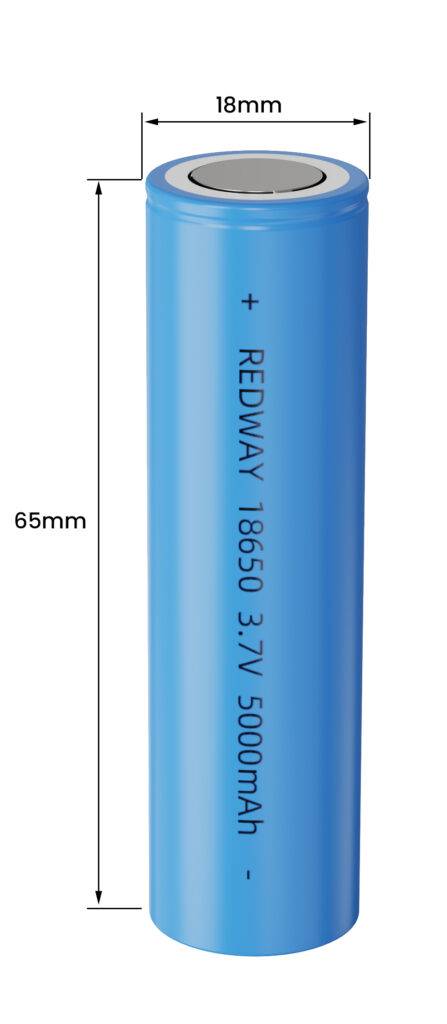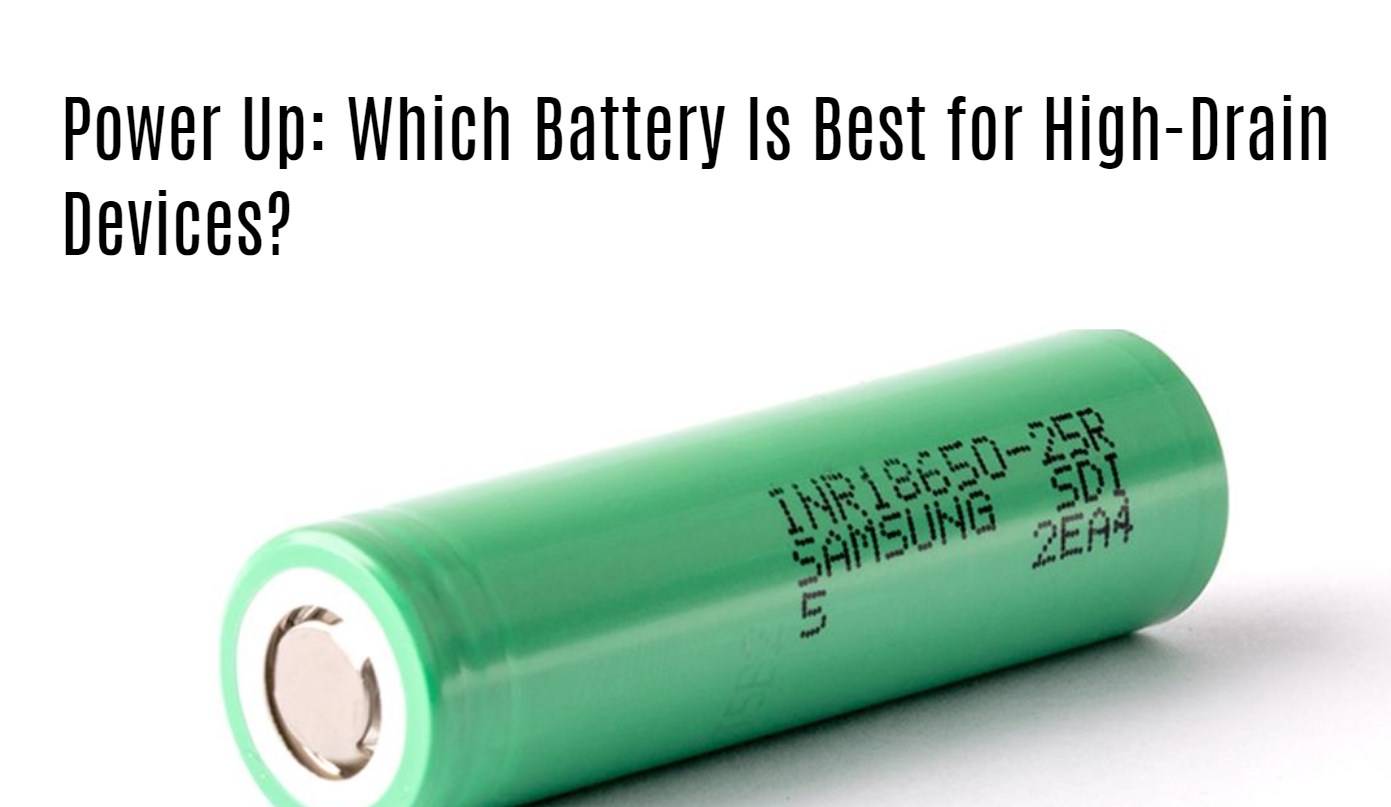Choosing the right battery for high-drain devices is crucial to ensure optimal performance and longevity. Lithium-ion batteries are generally the best choice due to their high energy density and rechargeability. This guide will help you navigate the various options available.
What are the best batteries for high-drain devices?
The best batteries for high-drain devices include lithium-ion batteries like the Ufine 3.7V 3000mAh and FPVERA 3.7V 1200mAh, which deliver reliable power and longevity. Alkaline options, such as Duracell Plus AA, also perform well under heavy loads but may not last as long as rechargeable alternatives.
Best Batteries for High Drain Devices
| Type | Example | Capacity | Key Features |
|---|---|---|---|
| Lithium-Ion | Ufine 3.7V 3000mAh | 3000mAh | High capacity, stable performance |
| Lithium-Ion | FPVERA 3.7V 1200mAh | 1200mAh | Compact size, reliable power delivery |
| Alkaline | Duracell Plus AA | ~1442mAh | Excellent high-drain performance |
How do I choose between rechargeable and disposable batteries?
When deciding between rechargeable and disposable batteries, consider usage frequency and cost-effectiveness. Rechargeable lithium-ion or NiMH batteries are ideal for frequent use as they save money over time. Disposable alkaline batteries may be suitable for occasional use but can lead to higher costs in the long run.
Rechargeable vs Disposable Batteries
| Type | Pros | Cons |
|---|---|---|
| Rechargeable | Cost-effective over time, eco-friendly | Higher initial cost |
| Disposable | Convenient, no charging required | More expensive in the long run |
Why is lithium-ion preferred for power-intensive applications?
Lithium-ion batteries are favored for power-intensive applications due to their high energy density, longer lifespan, and lower self-discharge rates compared to other battery types. They can deliver a consistent power supply without overheating, making them suitable for devices like digital cameras and power tools.
Benefits of Lithium-Ion Batteries
| Benefit | Description |
|---|---|
| Energy Density | Holds more energy in a smaller size |
| Longevity | Can be recharged many times |
| Safety Features | Built-in protection against overheating |
What factors should I consider when selecting a battery?
When selecting a battery, consider capacity (measured in mAh), discharge rate, rechargeability, and safety features. A higher capacity means longer usage time, while a higher discharge rate is essential for high-drain devices to avoid overheating or damage.
Key Factors in Battery Selection
| Factor | Importance |
|---|---|
| Capacity | Determines how long the device runs |
| Discharge Rate | Essential for high-drain applications |
| Safety Features | Prevents overheating and leakage |
How do alkaline batteries perform in high-drain devices?
Alkaline batteries can function in high-drain devices but often have reduced lifespan under heavy loads. For example, while they may initially perform well, they tend to drain quickly when powering devices like digital cameras or remote-controlled toys.
Alkaline Battery Performance
| Device Type | Performance with Alkaline Batteries |
|---|---|
| Digital Cameras | Short lifespan under heavy use |
| Remote-Controlled Toys | Moderate performance |
What are the advantages of using NiMH batteries?
Nickel-Metal Hydride (NiMH) batteries offer several advantages over traditional alkaline options, including higher energy capacity and better performance in high-drain applications. They are also rechargeable, making them more environmentally friendly.
Advantages of NiMH Batteries
| Advantage | Description |
|---|---|
| Higher Capacity | More energy storage than alkaline |
| Rechargeable | Reduces waste |
How do I ensure optimal battery performance and longevity?
To ensure optimal performance and longevity of your batteries, store them at room temperature, avoid extreme conditions, and regularly recharge rechargeable types before they fully deplete. Additionally, use the appropriate charger to prevent damage.
Tips for Battery Maintenance
| Tip | Description |
|---|---|
| Store Properly | Keep at room temperature |
| Avoid Overcharging | Use appropriate chargers |
What recent developments should I be aware of in battery technology?
Recent advancements in battery technology include improvements in lithium-ion chemistry that enhance energy density and reduce charging times. Additionally, research into solid-state batteries promises increased safety and efficiency over traditional lithium-ion designs.
Recent Developments in Battery Technology
Recent trends show significant progress in solid-state battery research aimed at improving safety and efficiency while reducing environmental impact. These innovations could revolutionize how we use batteries across various applications.
Buy Wholesale Battery Tips
For OEM buyers looking for wholesale options, Redway Battery stands out as an excellent choice due to its extensive experience in lithium batteries. To make OEM orders from a reliable manufacturer like Redway Battery:
- Research: Verify manufacturer credentials.
- Contact: Reach out for product specifications.
- Negotiate: Discuss pricing, minimum order quantities, and delivery schedules.
- Order Samples: Always request samples before bulk purchases.
- Finalize: Confirm order details and payment terms.
Lithium batteries offer significant advantages over traditional lead-acid options, making them ideal for various applications.
Redway Expert Views
“Choosing the right battery is crucial for ensuring your device operates efficiently,” states an expert from Redway Battery. “Lithium-ion technology continues to lead the way due to its reliability and performance under demanding conditions.”
FAQ Section
- What type of battery is best for digital cameras?
Lithium-ion batteries are recommended due to their high energy density and ability to deliver consistent power. - Can I use alkaline batteries in a high-drain device?
Yes, but they may drain quickly compared to rechargeable options like lithium-ion or NiMH. - How long do rechargeable batteries last?
Rechargeable lithium-ion batteries can last several years with proper care and maintenance. - What should I look for when buying OEM batteries?
Focus on manufacturer reliability, product quality assurance, pricing negotiations, and sample testing before bulk orders.




